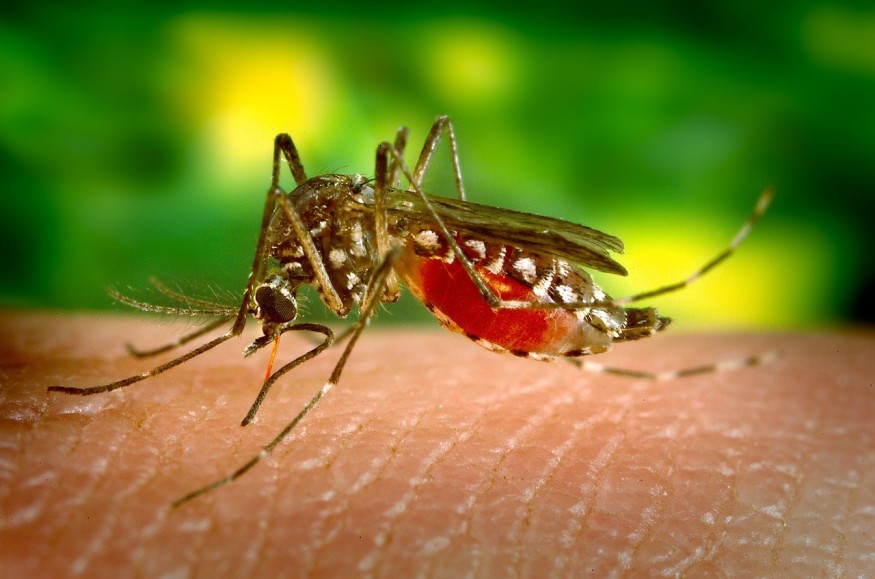
We've all woken up at one time or another with an itchy bite. Usually, it's easy to identify a mosquito as the culprit. However, there are times when you might end up with a bite that you don't recognize.
You can get many different insect bites at home or while you sleep, and it's essential to know which ones are harmless and which ones can make you ill.
Here are a few of the common types of insect bites you can get at home and how to identify them.
Ticks
Tick bites aren't just reserved for the great outdoors, and your garden might well play host to several of these bugs. While most bites aren't usually dangerous, ticks can carry diseases like Lyme disease and Rocky Mountain spotted fever.
Identifying a tick bite is easy - usually, the tick's head will be burrowed into your skin. It's essential to remove the tick properly, making sure that you get the head and the body.
Fleas
These critters aren't limited to dining on your pets. You might find these bugs in your bed or your rugs, especially if you have animals around. The bites can be extremely itchy and look like red bumps across your skin, prone to infection if scratched open.
Chiggers
These larval mites love to dine on humans before dropping off. The bite doesn't hurt, but chiggers leave red, extremely itchy welts behind once they fall. You may need to get an over-the-counter itch reliever.
Spiders
Depending on where you live, you might be used to having spiders sharing your home. Some might be venomous, while other bites will just be itchy and annoying. Black Widows and Brown Recluse spiders are notorious for hiding in your home's dark corners, such as basements, closets, and garages.
Both these bites are incredibly poisonous, although you might not feel anything at the bite's site. Watch out for symptoms such as muscle cramps, vomiting, rising blood pressure, and seizures.
A black widow bite is usually just two tiny pierce marks. However, a brown recluse spider bite might look like a bullseye and can be lethal. Get to a doctor immediately to get anti-venom.
Scabies
Scabies are nasty mites that get under your skin. They can also be transferred from person to person by sharing towels, linens, or making skin to skin contact. It takes weeks for the red skin sores to appear, and they are incredibly itchy, especially at night.
You'll need prescription medication to get rid of scabies. Make sure to wash your clothes, bedding, and towels thoroughly as well.
House Centipedes
These multi-legged critters aren't known for biting. In fact, they'd rather scurry away than stand and fight. Even so, if you handle one of them, you can expect to get a nasty house centipede bite, which contains some venom and can be painful.
The bite will leave behind a reddish bump, making it relatively difficult to identify. If you're particularly sensitive to insect bites, it's recommended that you visit your doctor.
Take Away
Unless you live in a hermetically sealed tent, the chances are that you're going to encounter bugs in your home. Some you'll see coming, but others will only reveal themselves through their itchy, irritating bites.
It's important to know which bites you're dealing with, especially if there's a chance that it might be from a poisonous insect. Being able to identify and treat a bug bite quickly can prevent you from getting sick but can also help to identify a potential pest problem.
However, it's vital to know when you need to get help. If you're not sure what bite you're dealing with or feel ill, immediately seek medical advice.
© 2026 NatureWorldNews.com All rights reserved. Do not reproduce without permission.





